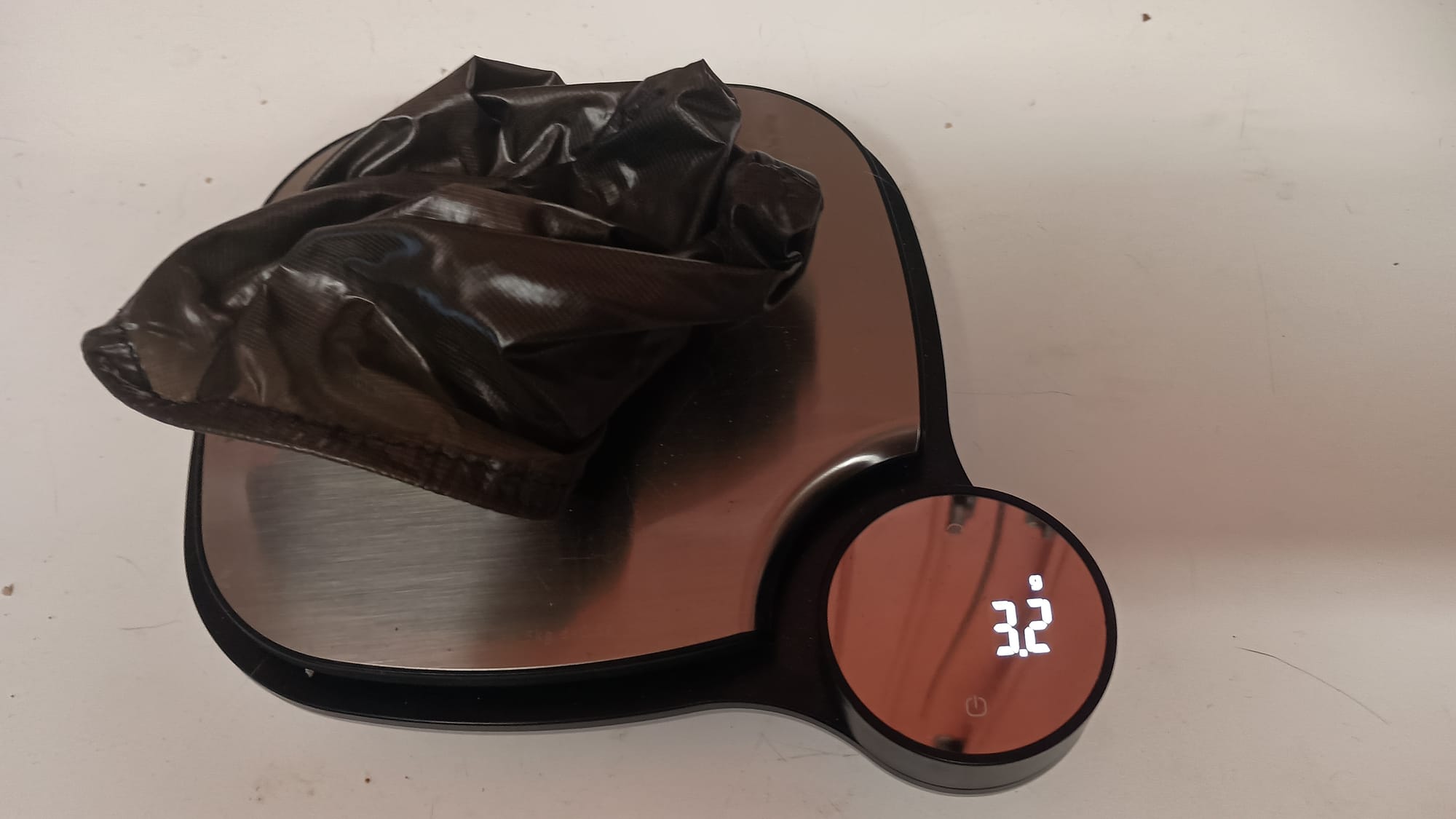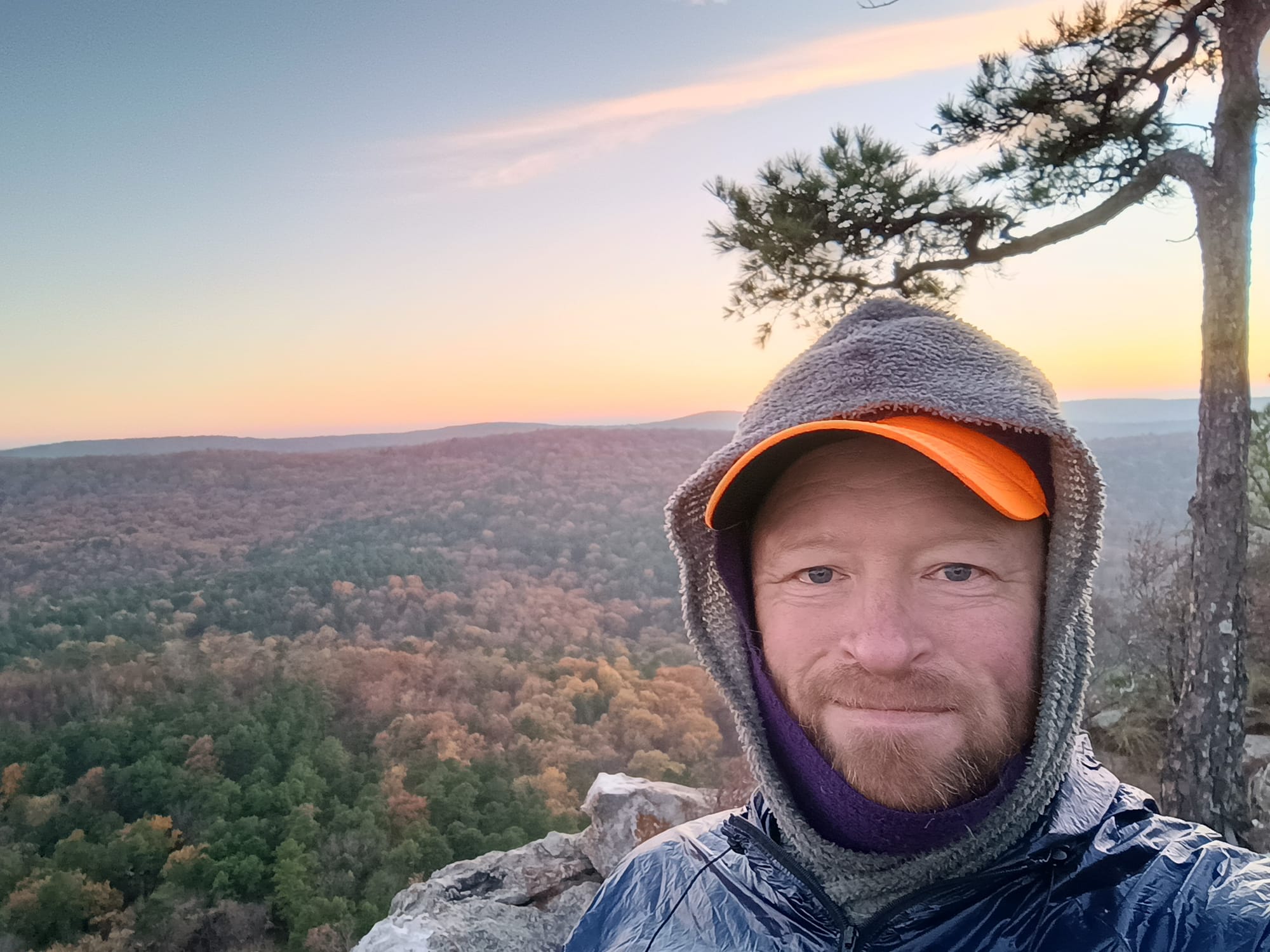Aim Small, Miss Small

A redditor posted on r/Ultralight asking for advice reducing his kit weight. He indicated that though he had backpacked in the past, a recent trip was the first time he had done it in years. He suffered under a heavy pack weight, admitted his pack was "way too heavy", and came seeing advice.
One of the first rules for UL is to weigh absolutely everything and record it in some mechanism to manage weights - typically a spreadsheet, Lighterpack list, or PackWizard list - though other methods work too. In my response to OP, I said:
"The ABSOLUTE BEST piece of backpacking equipment you can own - an absolute essential item - is a cheap scale that is graduated in grams or tenths of a gram. Amazon has several ranging from $10-$20.
This is the best way to get the objective data you say you lack. Weigh absolutely everything, and weigh it yourself. Don't take manufacturer's stated weights as the truth. Sometimes they are close, but variation exists. You don't care about average weights. You care about your weight."
This is pretty standard UL advice. But as proof some people will argue about nearly anything, I got this response from someone (not the OP):
"I'm not sure that ounce-chasing is the root of all backpacking goodness. Buy light gear for sure, but counting every tenth of a gram is not going to give you a better experience. You can get rid of a tenth of a gram by farting (seriously.) You can shave a tenth of a gram off of a 30 lb pack weight by going from sea level to 100ft of elevation. (A 30lb pack will lose 4.5 oz going to 10,000ft.) Backpacking is always a balance between comfort camping and comfort walking.
You can just as easily weigh your pack by stepping on a bathroom scale with and without it and taking the difference. You'll be within an oz or two and that's fine."
While the general point of this person was not missing the forest for the trees - and I agree with that - I had to respond because there is a very basic premise this person is missing. Here was my response to him/her"
I'm not advocating cutting tenths of a gram. I'm advocating having a scale that can differentiate to that level. The general rule of thumb in measurement is you want a measurement system where the graduations are 10X better than what you are wanting to control (in my case, grams). If the scale's repeatability is +/- a couple tenths of a gram, it's still less than 1 gram. But if a scale is +/- a couple grams, then you're not really able to control much better than about a third of an ounce.
"You're completely missing the point with your comment about stepping on the bathroom scale. Yes, I agree, that would get your total pack weight within an ounce or two, but if you wanted to improve it (lower it), how would you go about doing it? Here's a real world/UL example: you've got two choices for a water bottle: A Smart (or Life) water bottle, and a Dasani bottle. Which do you take and why? The answer should be the Dasani because it's 25 grams vs 33 grams for the Smart. Does this matter? Well, find enough items of equivalent function for a quarter ounce weight difference each and you start to add up to some real weight savings. There's no way you'd know which option is lighter with a low resolution bathroom scale.
Here's another real world example: Gerber Dime, Swiss Army "Tinker", Swiss Army "classic" or scissors by Litesmith? This one is less obvious because you have to first understand what exactly you need a knife for while you're backpacking, then find the item that accomplishes that function for the least weight.
Anyway, I've made my point. In my opinion, these $10-$20 food/postage scales from Amazon are the best piece of UL gear an aspiring ULer can own because they allow you to collect data (rather than trust manufacturer's claims). And I recommend one graduated in tenths of a gram because, as Army snipers say, "aim small, miss small."
For reference, the rule of thumb I referred to in my post is an actual thing. This is standard/best practice in Quality Control.
So, in here is what I recommend. Cost: $30. This one is less accurate but still pretty good. Cost: $17.
Hike on my friends!

